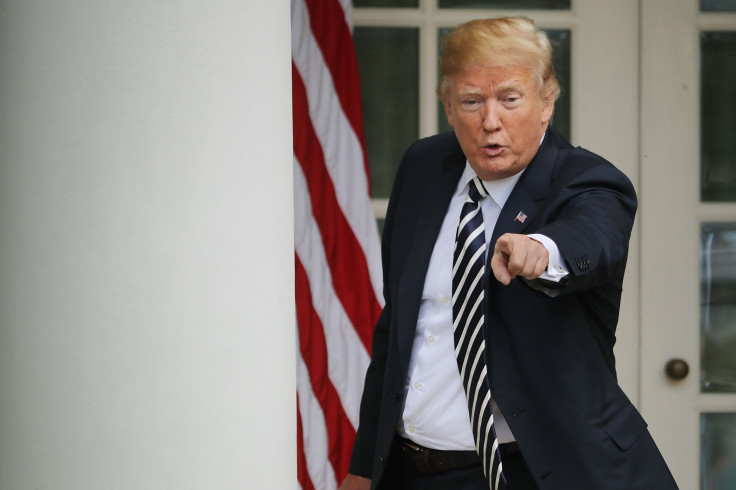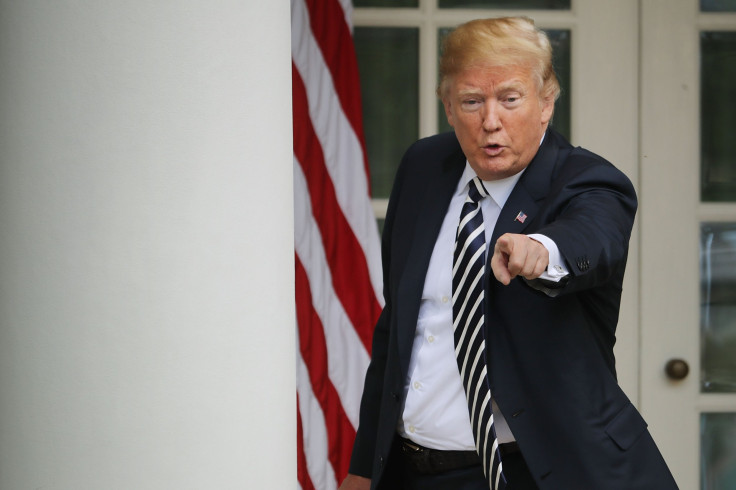Donald Trump Unblocks Twitter Users Who Sued Him, But Appeals Ruling

Weeks after a federal judge ruled that President Trump could not constitutionally block critics on Twitter, the users who originally sued him can see his tweets again. Trump unblocked the seven people who were named in the lawsuit from the @realDonaldTrump Twitter account, but the White House also appealed the judge’s ruling in the process.
Trump was not actually required to unblock anyone as part of Judge Naomi Reice Buchwald’s May ruling, the New York Times reported. The administration was told it could respond however it wanted, and it chose only to unblock the seven plaintiffs represented by Columbia University’s Knight First Amendment Institute in the lawsuit.
Those users took to Twitter to announce their newfound ability tointeract with the president’s tweets.
Two days shy of the one year anniversary of my blocking, @realDonaldTrump has unblocked me.
— RPBP _️_ (@rpbp) June 5, 2018
Theory: He just didn’t want to give me the paper anniversary gift. pic.twitter.com/jYZVKblFBX
However, on Monday, the White House appealed Buchwald’s ruling. Knight Institute executive director Jameel Jaffer said the organization was “disappointed” in the decision, but was eager to defend the “thoughtful and well-supported” ruling.
The Knight Institute’s case was always that the @realDonaldTrump account is a matter of public interest in a way a normal citizen’s Twitter account is not. The president frequently uses that account to spout off about the issues of the day, even making policy proclamations on occasion.
The official @POTUS account is more of a formality by comparison and is not used in the same way.

As far as Knight was concerned, it was unfair and unconstitutional for the president to block critics off from an account that regularly generates headlines and directs public discourse. The White House countered that @realDonaldTrump is a personal account and Trump is free to curate it how he wants.
Buchwald ruled in favor of the former at the end of May. In March, she recommended the president use Twitter’s “mute” feature on accounts he does not want to see instead of blocking them entirely.
"This case requires us to consider whether a public official may, consistent with the First Amendment, 'block' a person from his Twitter account in response to the political views that person has expressed, and whether the analysis differs because that public official is the President of the United States," Buchwald wrote in her ruling. "The answer to both questions is no."
© Copyright IBTimes 2024. All rights reserved.











